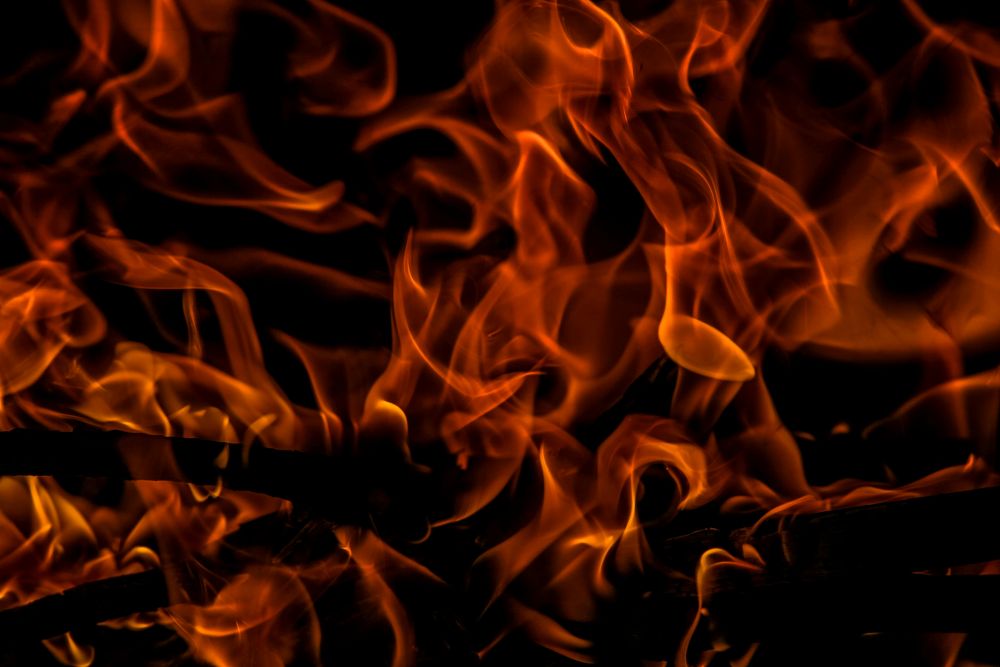Residents share contamination data after insurance disputes over fire damage.
After the Eaton Fire swept through Altadena, California, in early 2025, residents faced more than just the loss of their homes. The fire destroyed over 9,000 structures and claimed 18 lives. For those whose homes remained standing, a new challenge emerged: dealing with the aftermath of smoke and toxic debris. Many homeowners discovered that their insurance policies did not cover testing or cleaning for contamination unless there was visible damage. This left them to handle potential health risks on their own, causing widespread insurance disputes.
One resident, Nicole Maccalla, found that her insurance company, USAA, initially agreed to cover contamination testing. However, after she conducted the tests and presented the results, her claim was denied. The insurer stated they only covered testing in homes with significant damage. Frustrated, Maccalla and her neighbors formed a group called Eaton Fire Residents United. They began sharing their indoor contamination test results on an online map. So far, all 81 homes tested have shown elevated lead levels. This collective effort has pressured some insurance companies to reconsider and approve testing for other homeowners.

The disputes over disparities in insurance coverage became evident when comparing neighbors Louise Hamlin and Chris Wilson. Both lost their homes in the fire. Hamlin had a comprehensive policy with Mercury Insurance, paying $1,264 annually. Her policy covered up to $1.5 million for rebuilding and personal property, plus $303,000 for living expenses. Mercury promptly provided funds to help her start rebuilding. In contrast, Wilson was covered by the California FAIR Plan, a basic insurance program for those unable to secure private coverage. He paid $2,000 annually for a policy that offered a maximum payout of $686,000, including $100,000 for living expenses. Wilson also purchased additional insurance for $1,500 a year, which did not cover fire damage. He faced difficulties contacting FAIR Plan representatives and is now considering loans or legal action to rebuild.
The FAIR Plan was intended as a temporary solution, but its use has grown significantly. From 2020 to 2024, the number of residential policies under the FAIR Plan more than doubled, reaching nearly 452,000. This increase reflects the challenges homeowners face in obtaining private insurance, especially in high-risk areas. Some major insurers have stopped issuing new policies or renewing existing ones in California, citing the increased risk of wildfires.
State officials are working to address these issues. Insurance Commissioner Ricardo Lara has stated that efforts are underway to ensure all claims are paid, ending the disputes, and to transition homeowners from the FAIR Plan to more comprehensive private insurance. However, the process is complex, and many residents feel left to navigate it alone.
The financial impact of the wildfires is substantial. California insurance companies have already paid $4.2 billion in claims related to the Los Angeles County wildfires. This includes costs for evacuation and advance payments for lost belongings. Further billions are expected for debris removal and rebuilding. The wildfires are projected to be California’s costliest natural disaster, with insured losses estimated between $28 billion and $35 billion.
The experiences of residents like Maccalla, Hamlin, and Wilson highlight the challenges homeowners face in the wake of natural disasters. From navigating insurance claims to dealing with potential health risks, many find themselves overwhelmed and under-supported. As wildfires become more frequent, the need for comprehensive and accessible insurance coverage becomes increasingly important.
Sources:
In fight over insurance, neighbors crowdsource Eaton Fire contamination data
California insurance companies have already paid $4.2 billion in L.A. wildfires


Join the conversation!